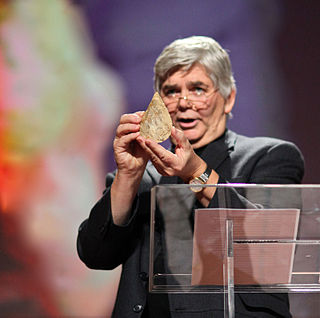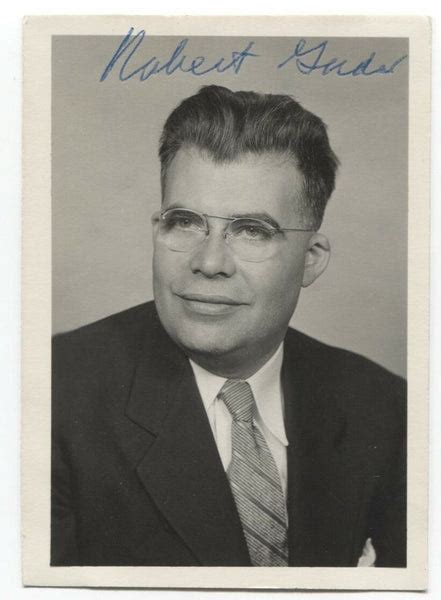A Quote by Theodor Adorno
Kitsch evokes a future utopia looking back at a past that is selectively (mis)remembered, thereby helping to stabilize the present toward which kitsch is otherwise deeply anatagonistic.
Related Quotes
The maker of kitsch does not create inferior art, he is not an incompetent or a bungler, he cannot be evaluated by aesthetic standards; rather, he is ethically depraved, a criminal willing radical evil. And since it is radical evil that is manifest here, evil per se, forming the absolute negative pole of every value-system, kitsch will always be evil, not just kitsch in art, but kitsch in every value-system that is not an imitation system.
Kitsch is the daily art of our time, as the vase or the hymn was for earlier generations. For the sensibility it has that arbitrariness and importance which works take on when they are no longer noticeable elements of the environment. In America kitsch is Nature. The Rocky Mountains have resembled fake art for a century.
We human beings have enormous difficulty in focusing on the present; we always thinking about what we did, about how we could have done it better.... or else we think about the future, about what we're going to do.... But at this precise moment, you also realize that you can change your future by bringing the past into the present. Past and future only exist in our mind. The present moment, though, is outside of time, it's Eternity.... It isn't what you did in the past the will affect the present. It's what you do in the present that will redeem the past and thereby change the future.
Kitschis one of the major categories of the modern object. Knick-knacks, rustic odds-and-ends, souvenirs, lampshades, and African masks: the kitsch-object is collectively this whole plethora of "trashy," sham or faked objects, this whole museum of junk which proliferates everywhere.... Kitsch is the equivalent to the "cliché" in discourse.































